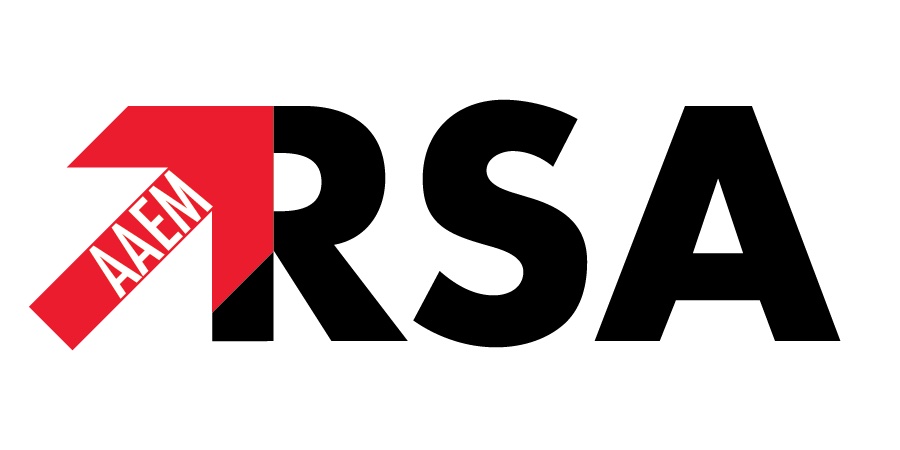Author: Meaghan Mercer, DO; AAEM/RSA President
Galeazzi Fractures: A typically isolated radial fracture with subluxation or dislocation of the ulnar head.
- Injury to a division of the median nerve known as the anterior interosseous nerve (AIN) can occur.
- AIN palsy can cause paralysis of the flexor pollicis longus and flexor digitorum profundus muscles.
o Clinical manifestations: loss of the pinch mechanism between the thumb and index finger, ability to pronate forearm, and the ability to flex the thumb, index, and middle fingers. - Requires open reduction and internal fixation (ORIF) in adults
Monteggia Fractures: Fracture of the proximal ulna with dislocation of the radial head.
- Similar nerve injury pattern to Galeazzi fractures with an increased risk of ulnar nerve involvement.
o Clinical manifestations: ring and pinkie finger flexion, finger abduction/adduction - Requires ORIF in adults
- Most nerve injuries resolve within six months.
Nightstick Fractures: Non-displaced fracture of the ulnar shaft usually resulting from a direct blow
- Management: elbow X-rays to rule out Monteggia fracture
- Stable if <50% displaced and can be braced
A full neurovascular exam is indicated in all of these fractures!
- Remember to rule out compartment syndrome

